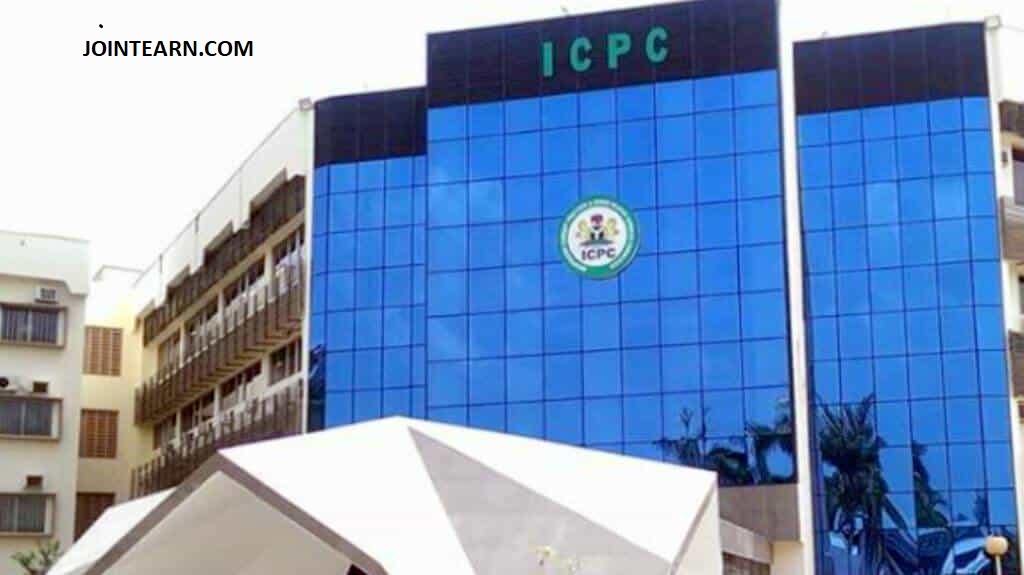The increasing cost of petrol has become a major concern for marketers, with the latest figures revealing a significant rise in the landing cost of the product. As of now, the landing cost of petrol has surged to ₦870 per litre, creating serious challenges for distributors and marketers who are already grappling with the volatile nature of fuel prices. This sharp hike has far-reaching consequences for the entire supply chain, impacting everything from transportation costs to retail pricing and, ultimately, the end consumer.
This sudden spike in petrol prices has ignited a debate about its implications on both the economy and everyday citizens. The new landing cost is a reflection of the combined effects of rising global oil prices, foreign exchange fluctuations, and supply chain bottlenecks. Marketers are now faced with the unenviable task of adjusting their pricing structures to account for the increased cost of petrol, which will likely result in higher retail prices for consumers.
Factors Driving the Surge in Petrol Prices
Several factors have contributed to the rising landing cost of petrol. One of the most significant drivers is the global increase in crude oil prices. As oil-producing countries like OPEC and Russia adjust their output to maintain stable prices, the cost of crude oil on the international market has fluctuated, which in turn influences petrol prices worldwide. Additionally, the depreciation of the Nigerian naira against major currencies, particularly the US dollar, has made it more expensive for marketers to import refined petrol into the country.
The exchange rate has a profound impact on the cost of importing petrol. With the naira losing value against the dollar, marketers now need more naira to purchase the same amount of foreign currency required to secure their petrol imports. This results in an increase in the overall landing cost of petrol, which directly affects the price at which fuel is sold to consumers.
The Impact on Petrol Marketers
For petrol marketers, the rise in landing costs presents a daunting challenge. Marketers operate on very thin margins, and any increase in their costs often leads to financial strain. The landing cost of ₦870 per litre has made it increasingly difficult for many marketers to absorb the extra expenses. As such, many are being forced to increase the price at which they sell petrol to ensure they can maintain profitability.
While some marketers may try to absorb the increase in landing costs in the short term, doing so over an extended period is unsustainable. For this reason, consumers are likely to experience higher prices at the pump. For example, filling up a standard vehicle could become significantly more expensive, and in an economy already dealing with inflationary pressures, this will further strain household budgets.
In addition to the financial pressures, marketers are also grappling with an unpredictable supply chain. The disruption caused by fuel scarcity, combined with the logistics of transporting fuel from the ports to the retail outlets, has resulted in increased operational costs. The rising prices also come on top of ongoing logistical challenges, such as poor infrastructure and limited access to fuel storage facilities in remote regions.
Effects on the Nigerian Economy
The price of petrol is closely linked to the broader economy, and any fluctuations have a ripple effect on various sectors. The rise in the cost of petrol has far-reaching consequences for businesses and consumers alike. For example, transportation costs are likely to increase, which would further affect the price of goods and services across the country. Given that most goods in Nigeria are transported via road, any increase in petrol prices translates to higher operational costs for manufacturers, wholesalers, and retailers.
Additionally, the agriculture sector is vulnerable to rising fuel costs, as the transportation of agricultural produce relies heavily on fuel-powered vehicles. Higher fuel prices could make it more expensive to distribute food and other essential commodities, leading to food inflation and potentially exacerbating food insecurity in parts of the country.
The impact of high petrol prices on inflation is also concerning. Rising fuel prices contribute directly to the cost of living, which is already at a high level due to inflation. Nigerians may find themselves spending more on transportation and goods, leaving them with less disposable income for other essentials. This, in turn, could negatively affect consumer demand and economic growth in the long run.
Consumer Reactions and Alternatives
As petrol prices continue to rise, Nigerians are becoming increasingly frustrated with the high cost of fuel. Many are questioning the sustainability of the current pricing structure and whether the government will step in to ease the burden on ordinary citizens. However, despite public outcry, there has been little indication that any major policy changes are forthcoming.
Consumers are also exploring alternatives to reduce their dependence on petrol. Some are turning to more fuel-efficient vehicles, while others are considering electric cars as an option, although the cost of electric vehicles remains prohibitive for many. In the interim, Nigerians are likely to find ways to adapt to the new pricing realities by cutting down on unnecessary travel or adjusting their lifestyle choices.
What Lies Ahead for the Petrol Market?
Looking ahead, the future of the petrol market in Nigeria appears uncertain. If the upward trend in the landing cost of petrol continues, further price hikes are likely, and the economic strain on consumers and businesses will intensify. For marketers, the challenge will be finding ways to balance the rising costs with maintaining customer satisfaction and profitability.
In the long term, it may be necessary for the Nigerian government to explore alternative energy sources to reduce the country’s dependence on imported petrol. Investments in renewable energy, such as solar and wind power, could help reduce the demand for petrol and mitigate some of the volatility associated with oil prices. Additionally, improving local refining capacity would reduce the need for expensive fuel imports and help stabilize prices.
For now, however, the focus remains on managing the immediate challenges posed by rising petrol prices. As marketers adjust their pricing strategies, consumers are left to bear the brunt of these changes, with many hoping for a resolution to the current economic pressures. The road ahead may be difficult, but the resilience of the Nigerian people and the adaptability of businesses will be key to navigating these tough times.












